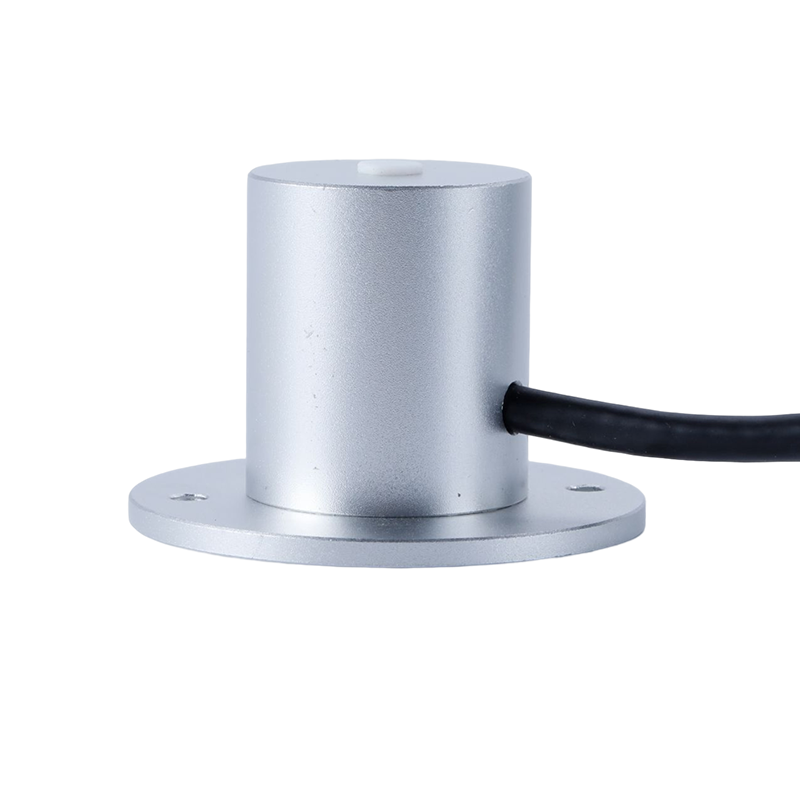

 Consumer hotline +8618073152920
Consumer hotline +8618073152920 WhatsApp:+8615367865107
Address:Room 102, District D, Houhu Industrial Park, Yuelu District, Changsha City, Hunan Province, China
Weather Stations
PAR photosynthetically active radiation sensor is mainly used to measure photosynthetically active radiation from natural light in the wavelength range of 400 to 700 nm and is simple to use, can be directly connected to a digital voltmeter or data collector and can be used in all-weather conditions. PAR is the basic source of energy for biomass formation and controls the rate of effective photosynthesis in terrestrial organisms, directly affecting the growth, development, yie···
Product Details
Photo-synthetically Active Radi-ation (PAR) is the portion of solar radiation in the wavelength range of 400-700 nm that can be used by vegetation for photosynthesis.
PAR is a fundamental source of biomass, controlling the rate of effective photosynthesis in terrestrial organisms and directly influencing the growth, development, yield and quality of vegetation;
PAR is also an important climatic resource, affecting the exchange of material and energy between the earth's surface and the atmosphere. The measurement of photosynthetic active radiation (PAR) is of great importance in estimating the photosynthesis of plants, exploring the origin of green vegetation and the mechanism of biological use of solar energy, and is also directly related to the formation of agricultural yields and is the basis for further improvements in agricultural production.

Photosynthetically active radiation sensors are also known as photometric sensors.
Photo-synthetically Active Radiation (PAR) is one of the central elements in the study of global change and changes in terrestrial ecosystems. It is not only an important source of data to measure changes in photosynthesis and carbon balance in ecosystems, but also a major driver of global climate change.
The PAR photosynthetically active radiation sensor is mainly used to measure photosynthetically active radiation from natural light in the wavelength range of 400-700nm, and is simple to use, can be directly connected to a digital voltmeter or data collector, and can be used in all-weather conditions.
It is widely used for research in agrometeorology, crop growth and ecology.










Sensors & Weather Stations Catalog
Agriculture Sensors and Weather Stations Catalog-NiuBoL.pdf
Weather Stations Catalog-NiuBoL.pdf
Related recommendations

Screenshot, WhatsApp to identify the QR code
WhatsApp number:+8615367865107
(Click on WhatsApp to copy and add friends)